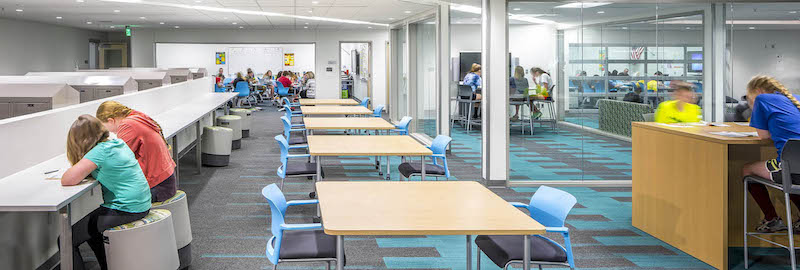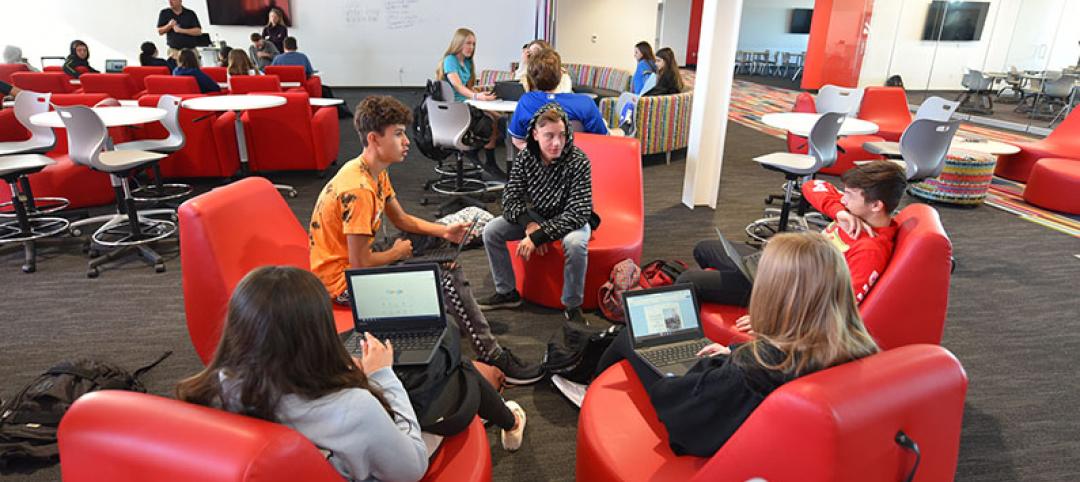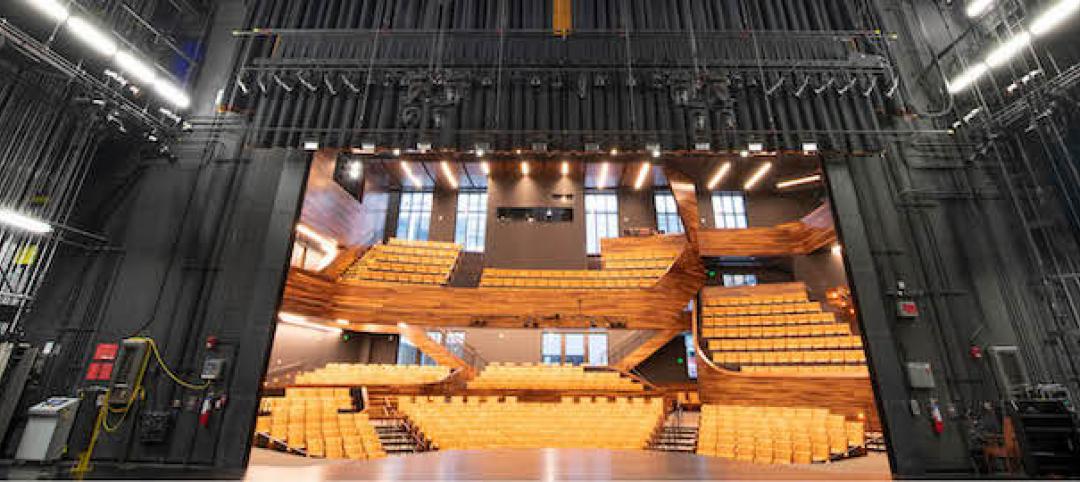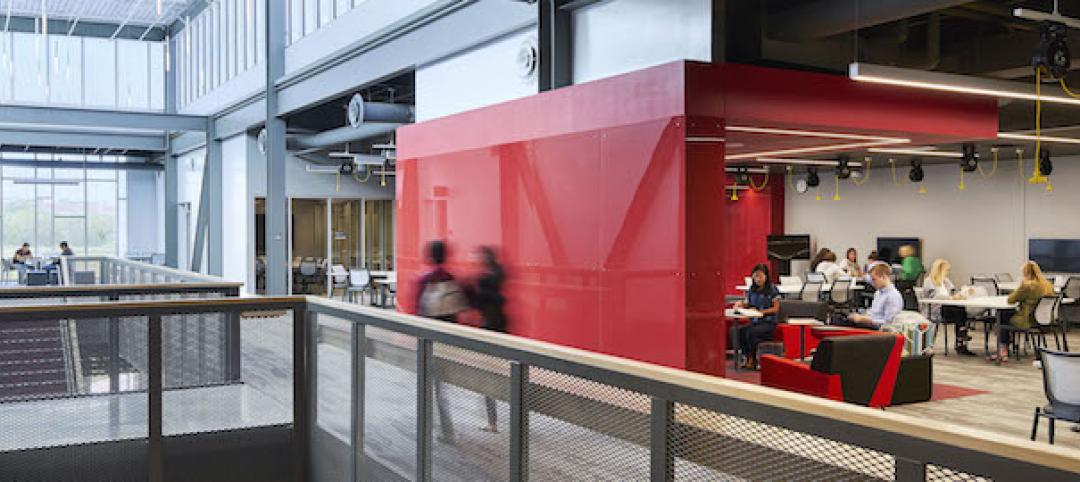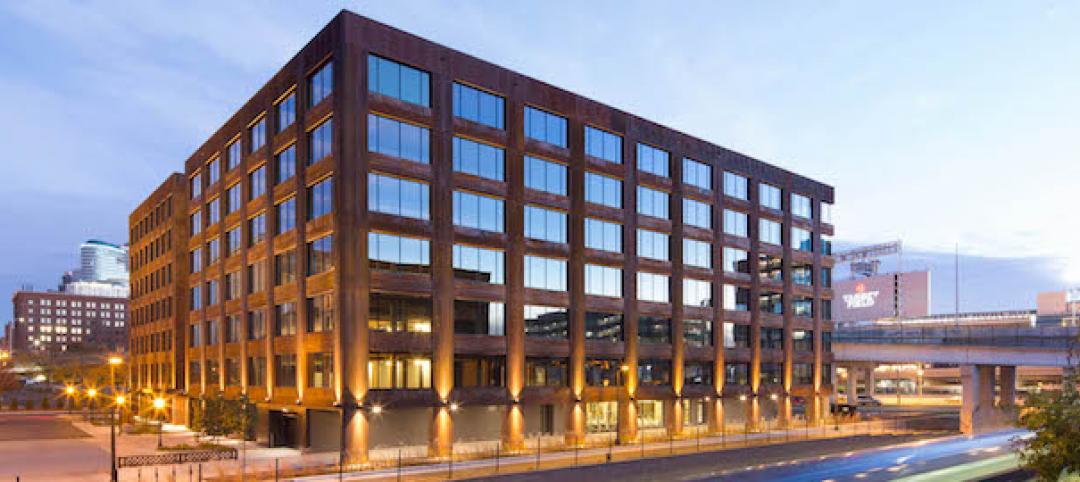There are many tragedies related to the recent string of school violence in our communities. The fact that we are spending our valuable time and limited resources struggling to keep our children safe rather than being able to spend it on learning is both sad and disturbing. I do not, for one moment, want to suggest that the children and adults in our neighborhood school buildings should not be safe—of course they should. But the degree of steps we now need to take to keep schools safe is unfortunate, to say the least.
The task of providing safe and secure environments in which our children can learn is both complicated and far-reaching. There are no easy answers, and opinions vary as widely as the number of ways to solve the issue. It is important to say that it is not solely the responsibility of the school system. A safe school environment is created through a coordinated network of community resources working together to ensure long-term viability for the community. After all, the development of safe and secure schools is directly built upon a foundation of safe and secure communities.
At the recent Texas Association of School Business Officials (TASBO) Annual Conference in Fort Worth, Texas, I led a session on Safe & Secure Schools, Not Bunkers, where I discussed how the psychology of space, combined with elements of campus design, contributes to safer schools. Here are the top three takeaways from this session:
1. School and school district budgets provide an immense challenge for educational systems as costs rise and unfunded mandates continue to grow. This foundational issue impacts every aspect of a school facility, and safety and security systems are no exception. If individual schools and entire school districts do not consider holistic solutions for the development of a community-driven security plan that analyzes numerous operational practices, funding for this initiatives will be viewed over and above basic budgets, susceptible to elimination over time. As a core mission of every school system, keeping staff and students safe while at school, we simply cannot allow it to fall outside the core funding strategies.
2. School facilities continue to grow in their role as community hubs and gathering places. Each of these community assets belong to both the school district and also the community in and around each school. As such, everyone—from district employees to neighbors, parents, and community partners—plays an important role in the development of a specific school safety and security plan, as well as the multi-faceted implementation of that plan. The collective power of an entire community unifying around safety is the most powerful tool we have to prevent another school tragedy.
3. As education continues to evolve, to better prepare each and every student for our ever-changing world, interior transparency plays an important role in the design of modern educational facilities. The ability of students to freely move to do their work while adult supervision is maintained is equally important to the personal connections that can be made between adults and children when visual openness is present. This critical facility attribute both directly and indirectly contributes to safe and secure schools.
I’ve spent the majority of my career designing educational facilities, and I’ve personally witnessed the evolution of school facilities from industrial-aged lecture halls to modern day learning labs. Now more than ever, I feel the responsibility to integrate multi-dimensional safety and security measures into the design conversation regarding effective and impactful learning solutions.
More from Author
DLR Group | Oct 30, 2024
Reasons to reinvent the Midcentury academic library
DLR Group's Interior Design Leader Gretchen Holy, Assoc. IIDA, shares the idea that a designer's responsibility to embrace a library’s history, respect its past, and create an environment that will serve student populations for the next 100 years.
DLR Group | Jan 8, 2024
DLR Group adds executive leaders
DLR Group Chief Executive Officer Steven McKay, AIA, RIBA, announced new executive leaders for the 100% employee-owned, globally integrated design firm.
DLR Group | Nov 30, 2023
A lasting housing impact: Gen-Z redefines multifamily living
Nathan Casteel, Design Leader, DLR Group, details what sets an apartment community apart for younger generations.
DLR Group | Nov 6, 2023
DLR Group opens office in Nashville, Tenn.
DLR Group is expanding its presence in the Southeast with the opening of an office in downtown Nashville, Tenn.—a collaborative effort led by DLR Group Principals Matthew Gulsvig, AIA, LEED AP, and Randall Coy.
DLR Group | Jan 27, 2021
Selecting indoor air quality monitors to maintain healthy spaces
In searching for an indoor air quality monitor, most devices will measure a combination of temperature, relative humidity, carbon dioxide, particulate matter, and total volatile organic compounds.
DLR Group | Sep 1, 2020
The rise of inquiry-based learning in K-12 communities
Inquiry-based education offers a methodology that does not rely solely on the educator being the lead in all learning.
DLR Group | Aug 31, 2020
Reopening campus performance arts centers
Live productions, which offer students the opportunity to hone their skills with true audience feedback, currently pose health risks for students and faculty.
DLR Group | Jun 11, 2019
The power and possibility of adaptive reuse
Building reuse generally offers greater environmental savings than demolition or new construction.
DLR Group | Apr 29, 2019
A look ahead to learning in 2050
Fast forward to the year 2050 and beyond, and imagine what education looks like.
DLR Group | Aug 31, 2018
The building data analytics revolution in three acts
Increased transparency of operational building data is impacting accountability.

